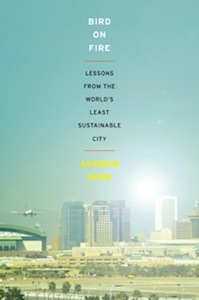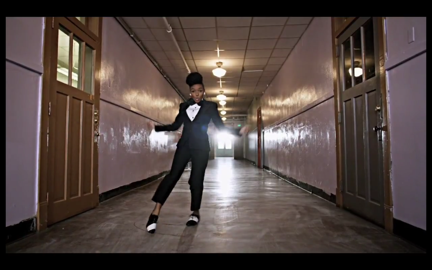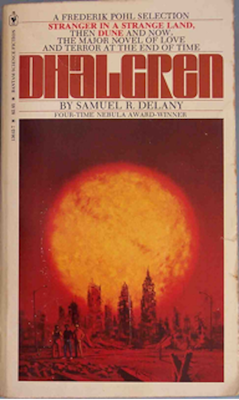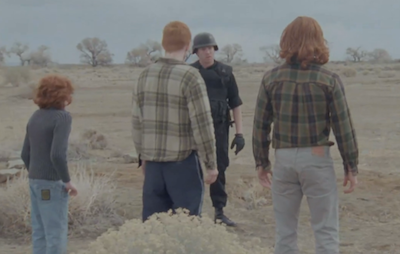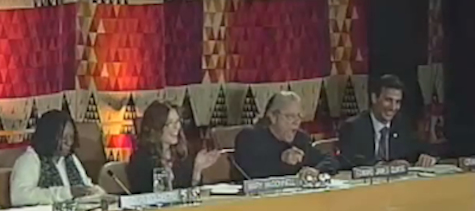For those who prefer history chopped up into neat slices, John McCain’s modest concession speech on the lawn of the Arizona Biltmore on November 5, 2008, seemed like a clean cut of the knife. With the economy in a nosedive, it was not just the end of a presidential campaign. The neoliberal era seemed to be over–its reigning troika of deregulation, marketization, and privatization cast into disgrace, along with its most recent fiscal vehicles such as debt leveraging and speculation in finance and land. Nowhere was the devastation more visible than in McCain’s hometown. Phoenix had flown highest in the race to profit from the housing bubble, and it had fallen the furthest. Footage of the metro region’s outer-ring subdivisions reclaimed by sage grass, tumbleweed, and geckos was as evocative of the bubble’s savage aftermath as photographs of the Dust Bowl’s windblown soil had been of the Great Depression.
Category:
Bird on Fire: Response
julie szeAndrew Ross has done it again. He’s researched something new, and written it up elegantly. In this case, the topic is sustainability, in that most right-wing of cities, Phoenix (Arizona). Ross weaves in a complex set of stories and voices, … Continue reading “Bird on Fire: Response”
A City like the Desert
sandy bahrI confess: I drive “a Prius, eat organic and support wilderness preservation.” I am under no illusion, however, that doing these things makes my lifestyle sustainable. There is much more to achieving sustainability goals personally and, more significantly, sustainability … Continue reading “A City like the Desert”
That Which Is Not Inferno, Or, The Pleasure of the Urban Text
kristin koptiuchPhoenicians starved for their city’s self image will find critical satisfaction in Andrew Ross’s Bird on Fire. As a Phoenix resident for nearly 20 years, I know all too well how we have long been deprived of the kind … Continue reading “That Which Is Not Inferno, Or, The Pleasure of the Urban Text”
The Future is Now: Climate Change and Environmental Justice
laura pulidoOn one side of town, there would be ecological ‘haves,’ enjoying access to healthy, morally upstanding green products and services. On the other side of town, ecological ‘have-nots’ would be languishing in the smoke, fumes, toxic chemicals, and illnesses … Continue reading “The Future is Now: Climate Change and Environmental Justice”
Andrew Ross Talks "Bird on Fire" at the CUNY Grad Center
andrew rossAn excerpt from Andrew Ross’s Bird on Fire talk, delivered at the CUNY Grad Center on October 28, 2011. Untitled from Social Text on Vimeo.
Occupying Gender in the Singular Plural
Tavia Nyong'oCall me a sissy, but I’ve never particularly cared for being referred to as cisgender. Still, the work of transgendered activists within Occupy Wall Street has been one of things that keep me optimistic. At a November 13th teach-in at Zuccotti Park, just days before the brutal eviction, trans activists took over the people’s mic for an hour-long lesson in occupying gender, educating their non-trans listeners on the unearned privileges we enjoy whenever we conform to ascribed gender; outlining the work that groups like the Sylvia Rivera Law Project have long been engaged in, against police violence and medical pathologization; and outlining pragmatic and principled tactics for an occupation open to trans and cis-gendered people alike.
Speculative Life: An Introduction
Jayna Brown and Alexis LothianIn our dystopian present, the term speculation is associated with an epistemology of greed, a sanctioned terrorism, and a new dimension of imperialism no longer based in production but in abstract futures. But speculation means something else for those who refuse to give its logic over to power and profit.
A Wilder Sort of Empiricism: Madness, Visions and Speculative Life
Jayna Brown“What will you do when the apocalypse comes??” he asked me urgently. My first reaction was to laugh derisively. But a friend made me think twice. “Who knows, maybe he’s right,” she said. Then came the Tsunami that devastated South Asia in 2004. And the levees that breached during Hurricane Katrina in 2005. Who’s to say what’s real?
Vampires and Cyborgs: Transhuman Ability and Ableism in the work of Octavia Butler and Janelle Monáe
moya baileyThe afrofuturist dystopic visions of Octavia Butler and Janelle Monáe tip on the tightrope of critical disability studies through the possibilities and limitations they reveal for post-human bodies. In Butler’s speculative fiction, disabled characters are gifted with transhuman abilities … Continue reading “Vampires and Cyborgs: Transhuman Ability and Ableism in the work of Octavia Butler and Janelle Monáe”
Speculating Queerer Worlds
Alexis LothianScience fictions never present the future, only “a significant distortion of the present,” as Delany wrote in 1984. But they also distort the present of anyone reading at any time, even the text’s own future. The contours of Dhalgren’s disintegrating city belong to the wake of 1960s countercultures and social movements, to a sexual and racial moment whose history uninformed new generations of readers will learn as they read, even if they fail to recognize it. Sexual pleasure in Delany’s work links the past and present and lets a different future feel possible, even when it takes place within structuring limitations.
Larissa Lai's "New Cultural Politics of Intimacy": Animal. Asian. Cyborg.
tamara hoChinese-Canadian author Larissa Lai imaginatively interrogates the boundaries of the human, alchemizes myths of origin, and embraces the impurity of the cyborg while foregrounding the politics of racialization, animality, and sexuality. Lai builds on the rich tradition of women … Continue reading “Larissa Lai's "New Cultural Politics of Intimacy": Animal. Asian. Cyborg.”
Socialist Irrealism: an interview with China Miéville
Jayna BrownChina Miéville is the recipient of multiple awards for his speculative/science/weird fiction novels, and the only author ever to win three Arthur C. Clarke Awards. His most recent novel, Embassytown, came out in May 2011 and has received enthusiastic reviews. As well … Continue reading “Socialist Irrealism: an interview with China Miéville”
Race for Life
alex weheliyeThe short film accompanying musician and designer M.I.A.’s (Maya Arulpragasam, who is British of Sri Lankan Tamil descent) song “Born Free” was released in April of 2010 and immediately banned from YouTube. Arulpragasam is no stranger to controversy, since … Continue reading “Race for Life”
So Say We All
Tavia Nyong'oRace is an illusion. So say we all! But what do we intend by this saying, this performative? Denise Ferreira da Silva is but the most recent of scholars to note that, in dispelling race from its improper place … Continue reading “So Say We All”


